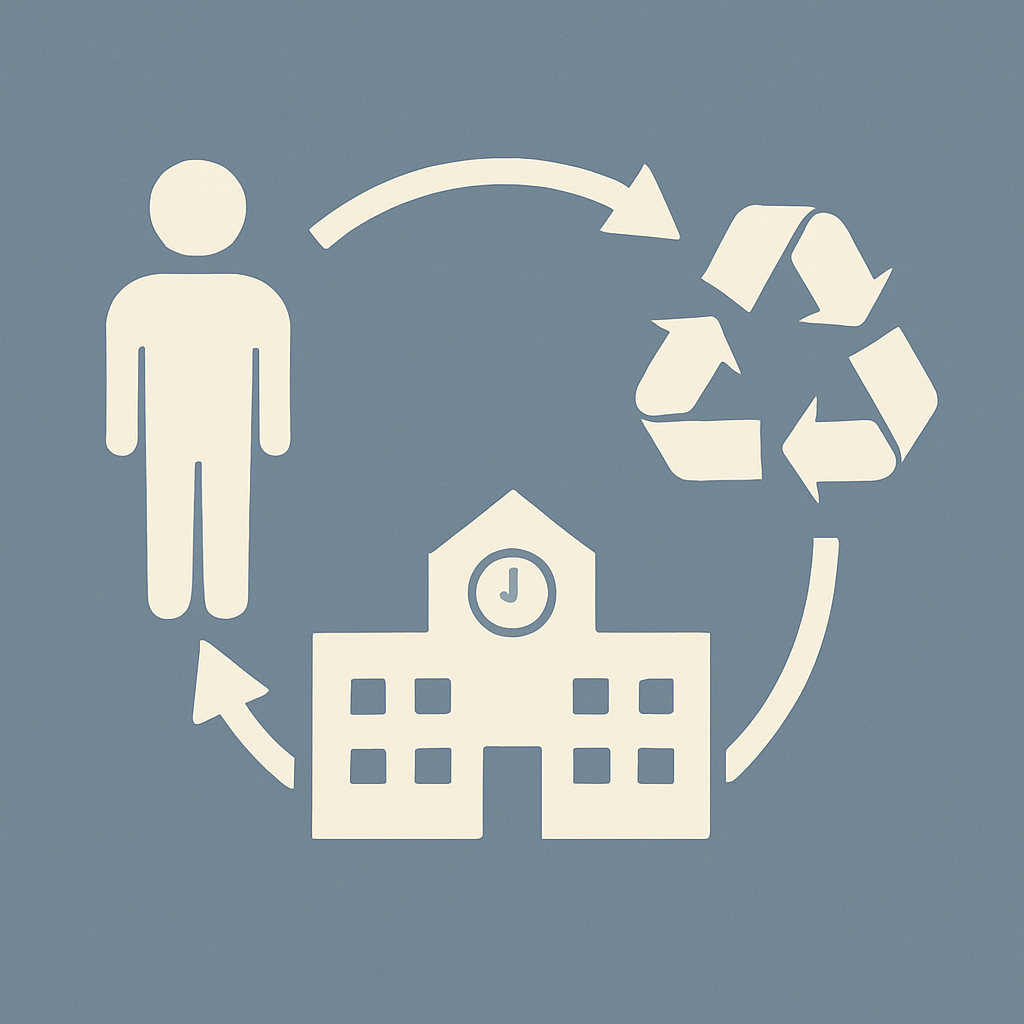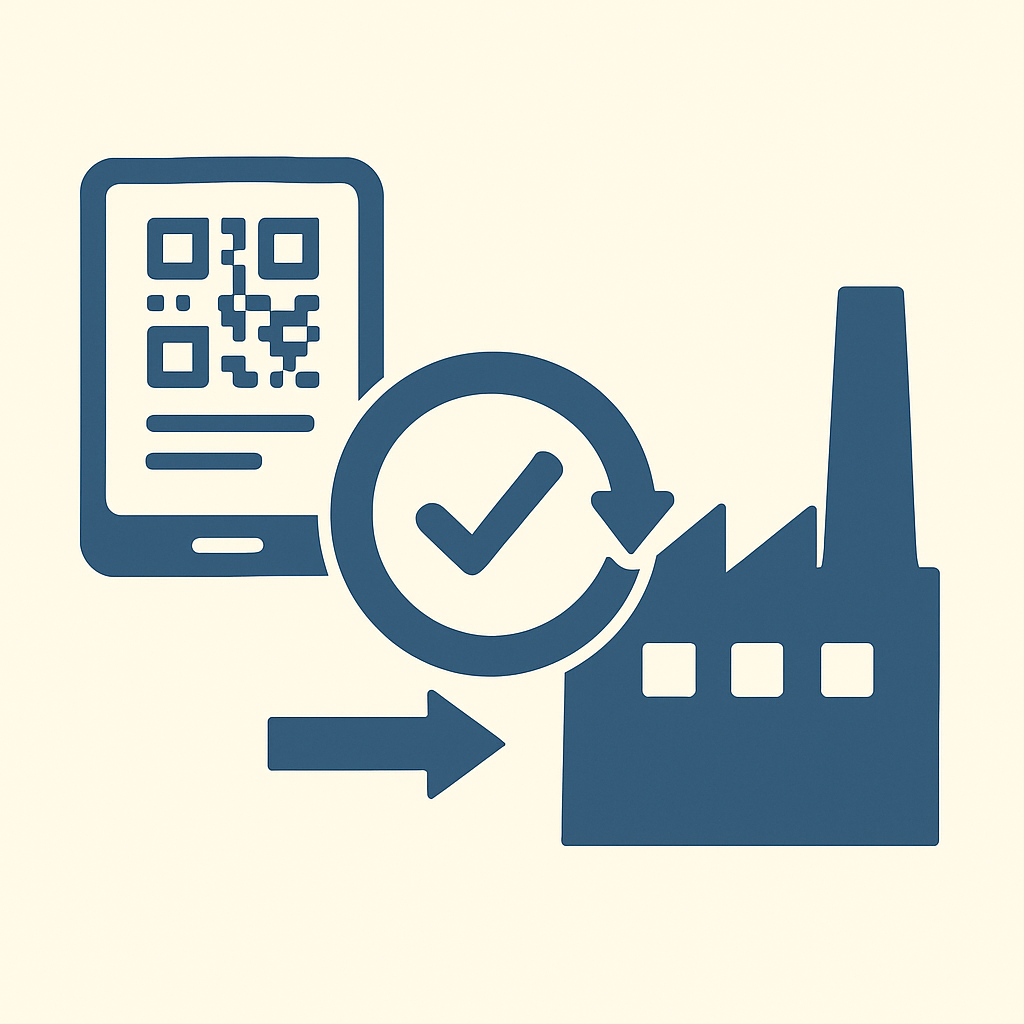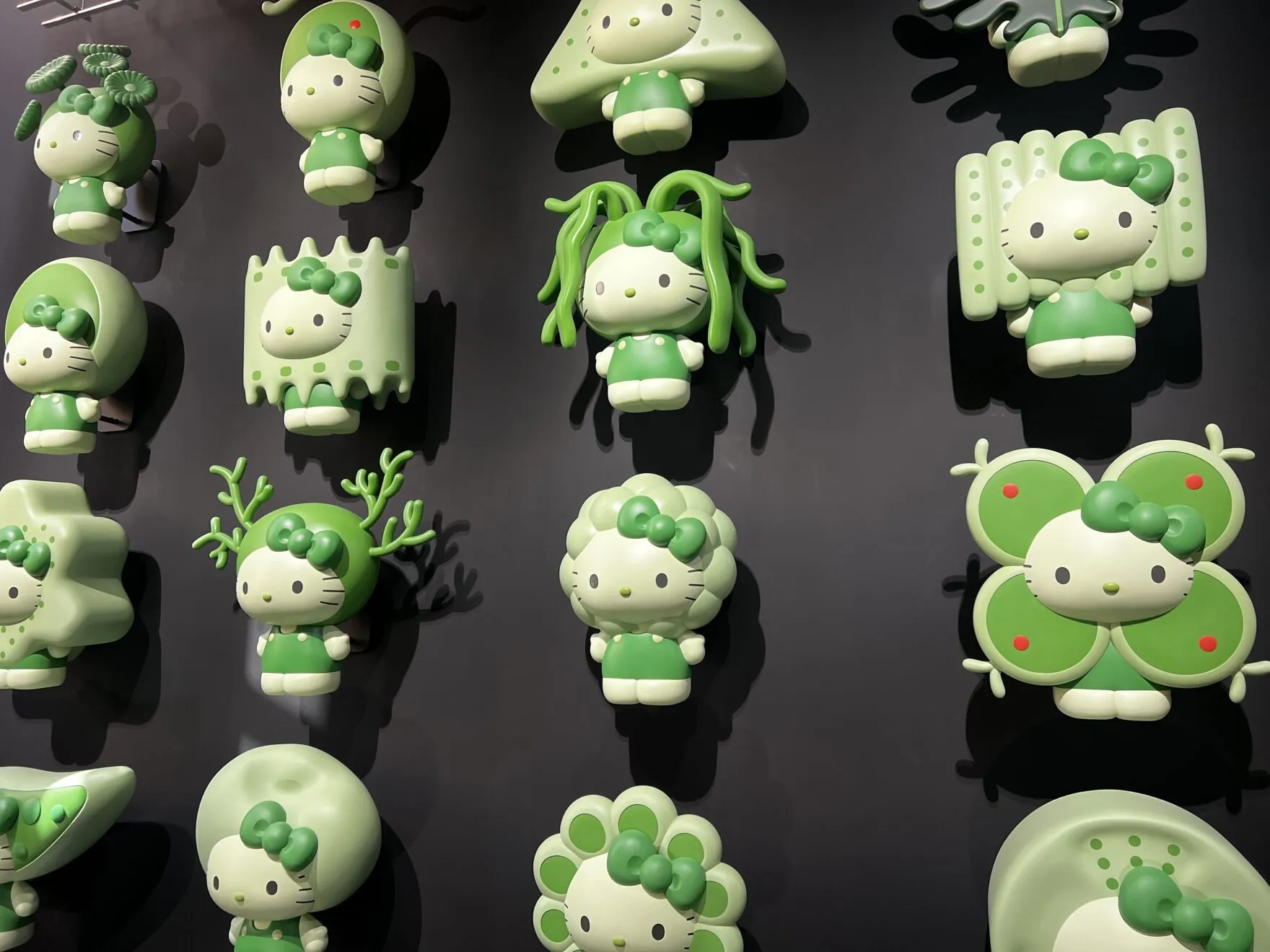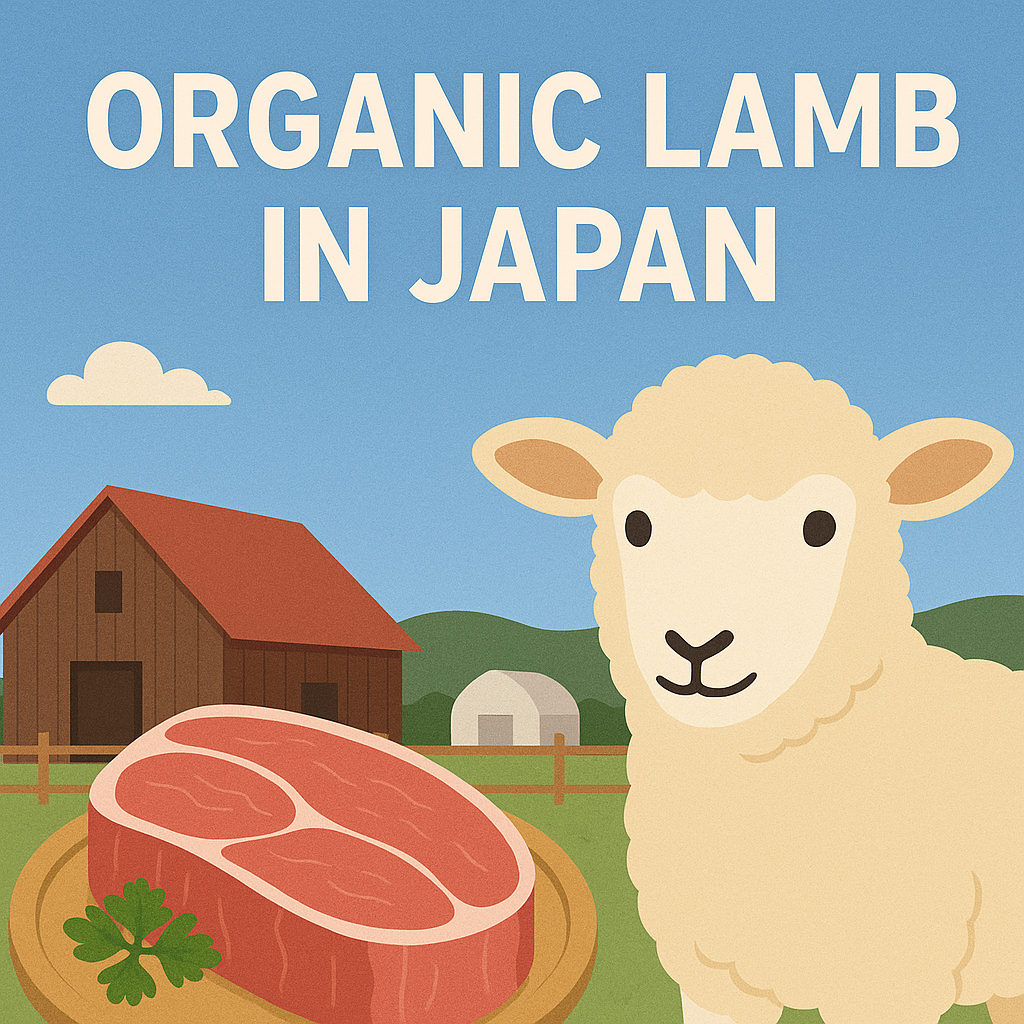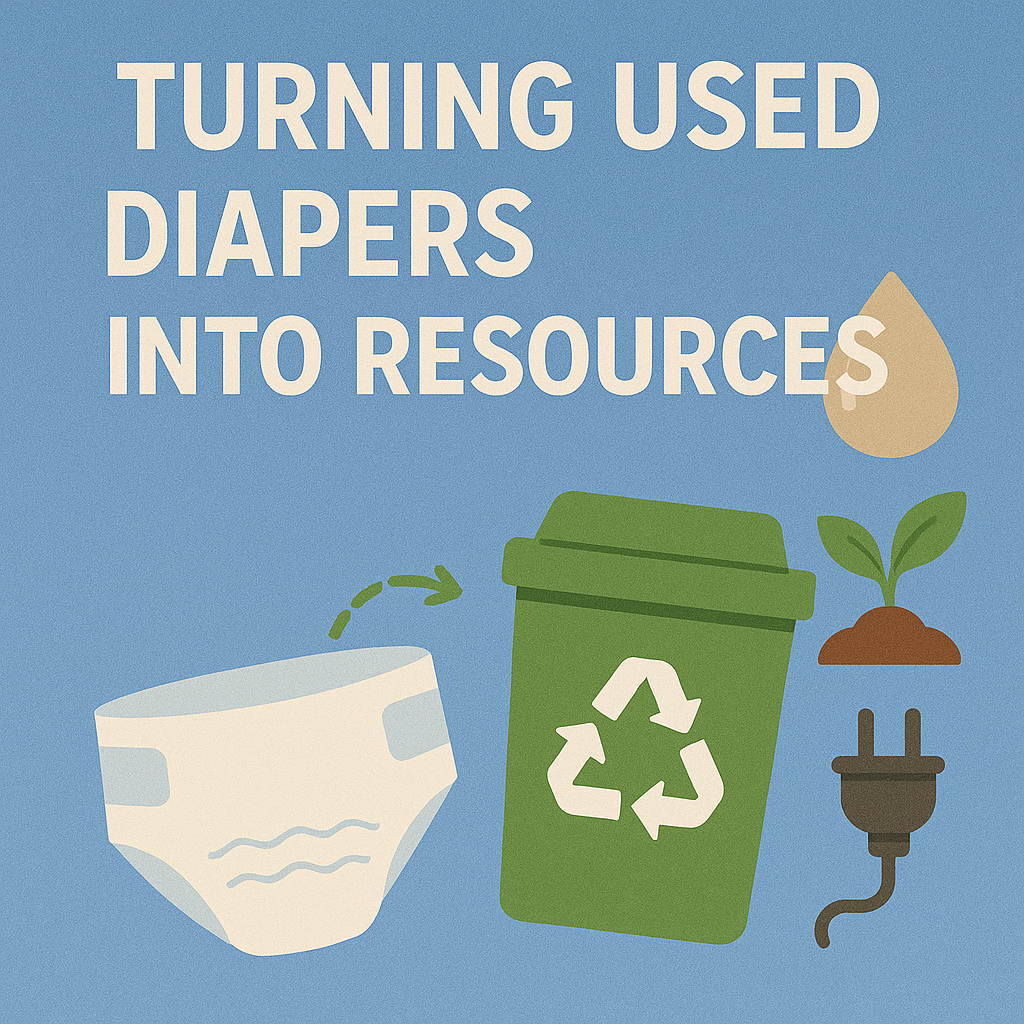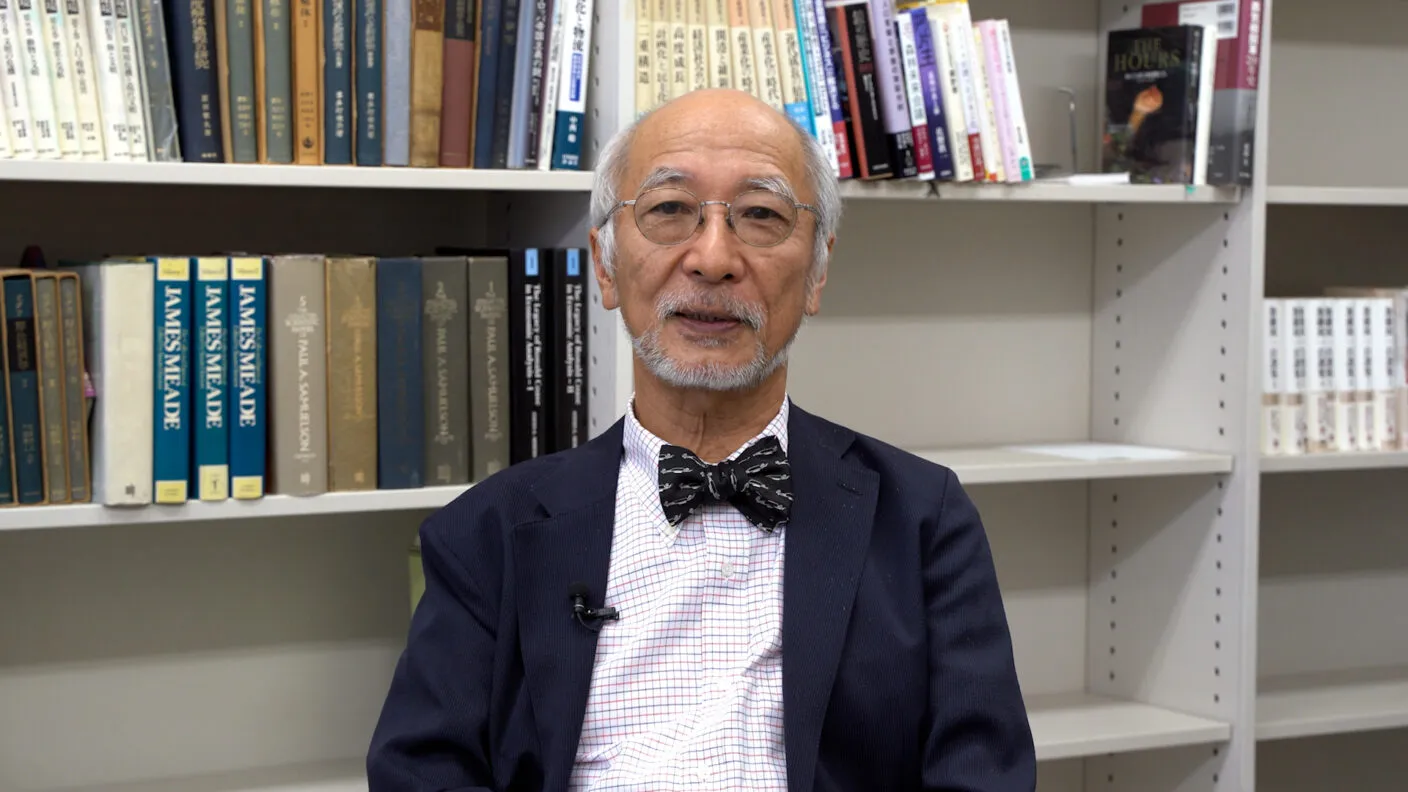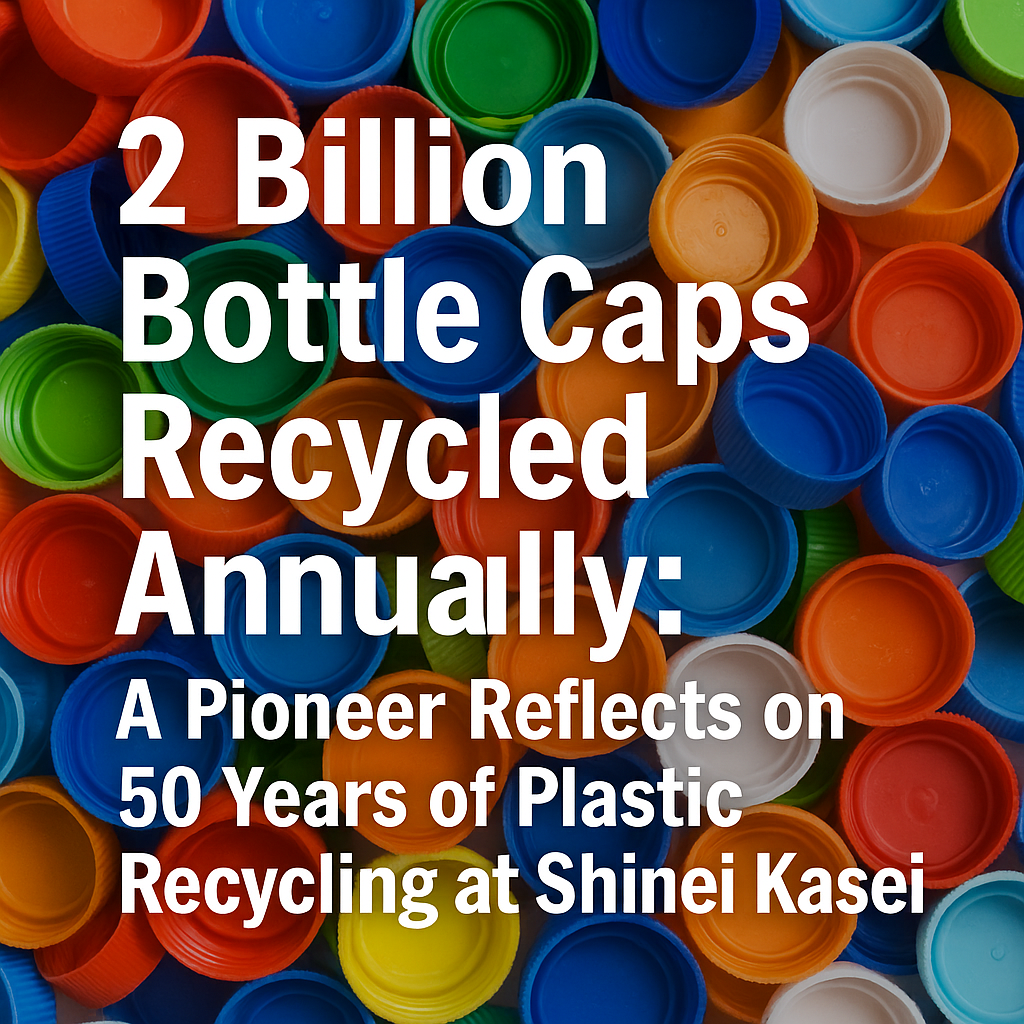The importance of environmental education for younger generations is growing rapidly. However, schools often face limitations in time and resources. Addressing this reality, a Japanese startup called PHI Inc. is creating original learning content that combines environmental education with local resource circulation. Their mission is to foster future leaders of a sustainable society through hands-on, community-driven programs.
By upcycling locally sourced materials and incorporating them into environmental education in schools and neighborhoods, PHI Inc. is also tackling regional issues. We spoke with the company’s founder and CEO, Mr. Tomonobu Shigeta, about their initiatives.
- Reviving Traditional Craft Through Upcycling in Hiroshima (a prefecture in western Japan)
- Building Local Partnerships
- A Leek-Scented Fork from Saitama
- From Corporate Intrapreneurship to Social Innovation
- Why Focus on Local Communities and Resource Circulation?
- Looking Ahead: Sharing Japanese Culture and Upcycling Globally
Reviving Traditional Craft Through Upcycling in Hiroshima (a prefecture in western Japan)
In one of their flagship projects, PHI Inc. collaborates with elementary schools in Hiroshima Prefecture (a region in western Japan known for its traditional crafts) to repurpose plastic pots originally used by first and second graders to grow plants such as morning glories. These plastic containers are upcycled into brush handles for Kumano brushes, a historic handmade calligraphy and makeup brush from the area.
The project was inspired by a conversation Mr. Shigeta had during a university lecture, where he learned from the CEO of a Kumano brush manufacturer that both production volume and the number of artisans were in decline. Given Hiroshima’s previous support for UMILE, PHI’s sustainability platform, Mr. Shigeta saw an opportunity to give back to the region through a meaningful initiative.
Every year, around 300 tons of plastic flower pots are discarded across Japan. Due to safety regulations, horizontal recycling is difficult, sparking long-standing discussions about viable solutions. Meanwhile, surveys conducted by Japan’s Ministry of the Environment have revealed that educators feel significant challenges in implementing effective environmental education.
This project addresses multiple issues at once: waste reduction, cultural preservation, and hands-on sustainability education.
By December 2024, PHI collected and processed the pots into plastic pellets, which were then used to manufacture brush handles. The completed brushes, some of which incorporated natural indigo from Tokushima Prefecture (a region in western Japan famous for indigo dyeing), were presented to students in March 2025. PHI plans to hold workshops where children can draw or write letters using indigo ink, creating a multisensory learning experience.
Building Local Partnerships
PHI’s approach is characterized by direct involvement. Rather than simply providing educational frameworks, Mr. Shigeta personally visits schools and communities to engage with local stakeholders and teach classes himself.
In Hiroshima, the project succeeded thanks to collaboration with Koyudo Co., a Kumano brush manufacturer, and Yasuda Gakuen, an academic institution that includes both a university with a calligraphy department and an elementary school. The students returned their used plant pots, which were transformed into new Kumano brushes. University students then held calligraphy lessons for the children, combining traditional culture and environmental education in one experience.
A Leek-Scented Fork from Saitama
In another initiative, PHI launched a circular economy project in Fukaya City, located in Saitama Prefecture (a region just north of Tokyo). Supported by the Saitama Circular Economy Promotion Subsidy Program, the project developed upcycled cutlery made from off-grade Fukaya leeks (a local specialty) and discarded seedling pots from Fukaya Terrace Park — a popular community facility featuring green spaces and playgrounds.
The resulting product is a reusable fork that retains the mild aroma of leeks. It is not only a sustainable utensil, but also a playful and memorable tool for environmental education — though it may leave a faint leek scent on the hands after use.
These forks became available for purchase starting March 17, 2025, at local outlets including Fukaya Terrace Park, RELOCA BASE FUKAYA OAK, and PHI selection.
Mr. Shigeta explains that the scent was added intentionally to spark curiosity among children. By using the forks during lunch or developing salad recipes that pair well with the aroma, students can engage with resource circulation in a fun, practical way.
From Corporate Intrapreneurship to Social Innovation
Before founding PHI Inc. in May 2024, Mr. Shigeta worked at Unilever Japan. In 2020, he launched UMILE, a sustainability platform designed to integrate purpose with everyday living — a concept widely adopted in global branches of the company, but still emerging in Japan.
UMILE encouraged environmental engagement through initiatives like earning points for returning empty containers or buying refillable products. However, when trying to implement large-scale school programs under Unilever’s name, Mr. Shigeta encountered institutional barriers related to neutrality in public education.
He realized that meaningful, long-term social impact would require a different approach — specifically, integrating environmental programs into municipal-level public school systems. Thus, PHI Inc. was founded to scale his vision for immersive, sustainable education.
Why Focus on Local Communities and Resource Circulation?
Mr. Shigeta’s experience with UMILE revealed the power of collaboration with local governments and companies. As he worked alongside passionate public officials and local businesses, he witnessed enthusiastic citizen participation and a growing sense of ownership.
These experiences taught him that community engagement is key — and that regional challenges themselves could become valuable learning material. By solving real-world problems through collective action, environmental education becomes more meaningful and impactful.
This realization led PHI to adopt a unique approach that blends environmental learning with local resource circulation — a model that reflects the realities and values of each community.
Looking Ahead: Sharing Japanese Culture and Upcycling Globally
Looking forward, PHI aims to expand its regional projects nationwide and offer its methods to communities that share the vision but struggle with implementation. By integrating its programs into public school curricula, PHI hopes to create a more systemic impact.
Moreover, Mr. Shigeta believes that Japan’s cultural strengths — such as meticulous recycling habits and a spirit of cooperation — are assets worth sharing globally. He notes that even UMILE’s collected containers were often thoroughly cleaned and dried by participants, reflecting the care with which Japanese citizens approach recycling.
By combining these cultural values with Japan’s advanced upcycling technologies and traditional crafts, PHI hopes to share a compelling model of sustainability with the world.
(All images courtesy of PHI Inc.)

